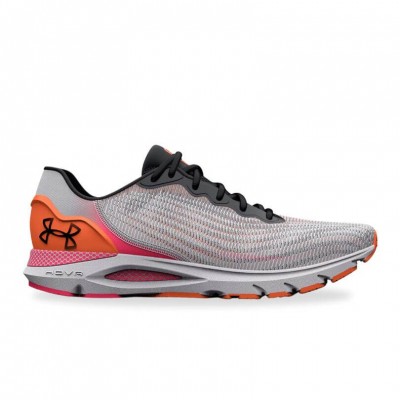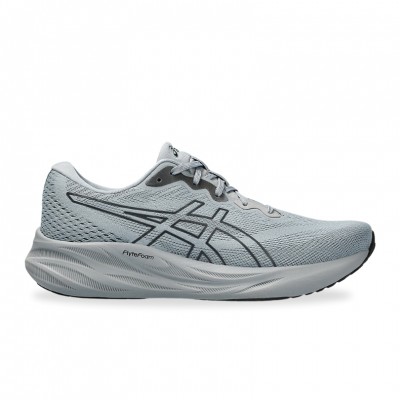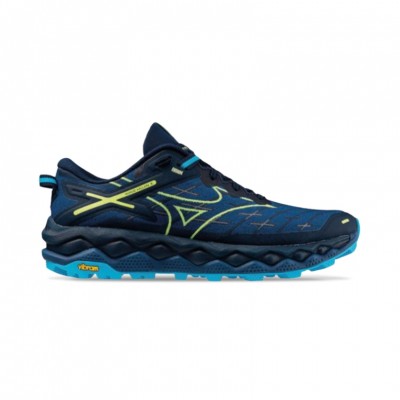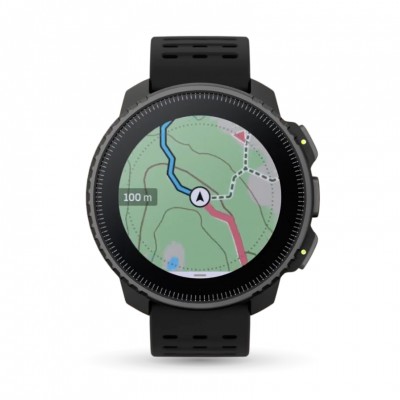
It's been a little over a week since I ran the New York Marathon and my head is already starting to think about new goals and training.
However, I know that in this, as in almost everything in life, you have to be patient and let the body recover in good condition before jumping back to the asphalt.
When you finish a marathon in "good condition", that is, you do not feel exhausted, your legs respond well and you do not have the feeling of being exhausted, you can come to believe that those 42 kilometers have not left a mark onyour body.
You feel good, you feel happy and you think "it wasn't that bad". This happens simply because you had a good preparation that has made running the marathon much more bearable, as bearable as those kilometers can be.
But let's not be fooled by the sensations .
Running a marathon involves:
- Destruction of muscle fibers.
- Joint and tendon overload.
- Loss of water, electrolytes and dehydration.
- Increase of waste substances.
- Increased levels of stress hormones such as glucagon, epinephrine and cortisol.
- Increased susceptibility to infections due to alterations in the immune system.
We must recover from all of this. How we do it will determine the success or failure of our next challenge. It seems that the word REST scares us marathoners, but it is essential after a long distance race if we do not want to subject our body to permanent physical and mental stress. There is no need to be in a hurry to train to the maximum. It pays to go slowly. The complete recovery phase will take about four weeks. Before that we may have a false sense of full recovery but even then, we should wait to get back to racing or speed training.
I am going to follow the post-marathon plan proposed by marathon runner and Doctor Rafa Hervás, one of the founders together with Lourdes Álvarez of the "Running from Zero" Movement.
This is his proposal:
Week 1 Post Marathon
In the seven days after the race it is recommended not to train at all. Already in the 80's some studies, comparing different training patterns, showed that the gains in strength and flexibility in the lower extremities as well as in other parameters of physical condition, were higher among marathoners who had rested completely than among those who had gone out to run in that first week.
The recommendation is to take 45-minute to one-hour walks on soft, flat surfaces.
Week 2 Post Marathon
During the second week it is important to avoid exercises that involve supporting our own weight on our legs, running for example.
The recommendations for this week point to the performance of strength work in the gym since it is the quality that is most lost during the preparation of the marathon. We have to do it now with low loads or with our own weight.
In addition, cross-training with cycling or swimming sessions can be incorporated into our routine. Never do it in sessions of more than 30 minutes. Its purpose is to recover and not to improve fitness.
Week 3 Post Marathon
In this third week, continuing with the cross training and gym work, we can incorporate running.
This should always be done at a slow speed and low intensity, around 55/65% of maximum heart rate. The sessions should be of short duration, no more than 45 minutes. Preferably on a soft surface such as earth or grass.
Week 4 Post Marathon
If you have planned your recovery well, 21 days after finishing your marathon your body should be 100% recovered.
You can start to progressively increase your mileage and introduce some quality training sessions in the following weeks, but always over short distances.
Recovery time varies greatly from person to person. The more kilometers you have done to prepare for your 42 the less time you will need to recover.
Missing races

It's true that running a marathon in the month of November leaves you with long teeth when you see how many races are held in these last two months of the year. Last Sunday I was looking forward to run the Behobia-San Sebastian, I would say that the best race in the whole state. However, prudence made me stay at home and not get carried away by that false feeling of feeling fully recovered. We only have one body and no one better than ourselves to take care of it.
This is also a good time not to neglect our nutrition. Just as important is the pre as the during and post race preparation in terms of nutrition. All those good eating habits we have developed in the weeks leading up to the race should become our lifestyle. If we have already gotten used to eliminating alcohol from our daily lives, saturated fats, sugars, industrial pastries, flour, precooked foods and all those things that we know are harmful to us, this is the best time to continue with those habits that lead us to enjoy a healthier and healthier life. If we have come this far, it would not be a good idea to go back to bad habits.
- You may be interested in: Academy Win, our nutritionists can help you eat healthier.
Sooner or later we will want to run a marathon again. If we have not abandoned the good habits we have acquired, it will be easier for us to prepare and run it.
Today's class is about stretching, strength and postural re-education. It all adds up to extend our running life.
Read more news about: Running Training





















